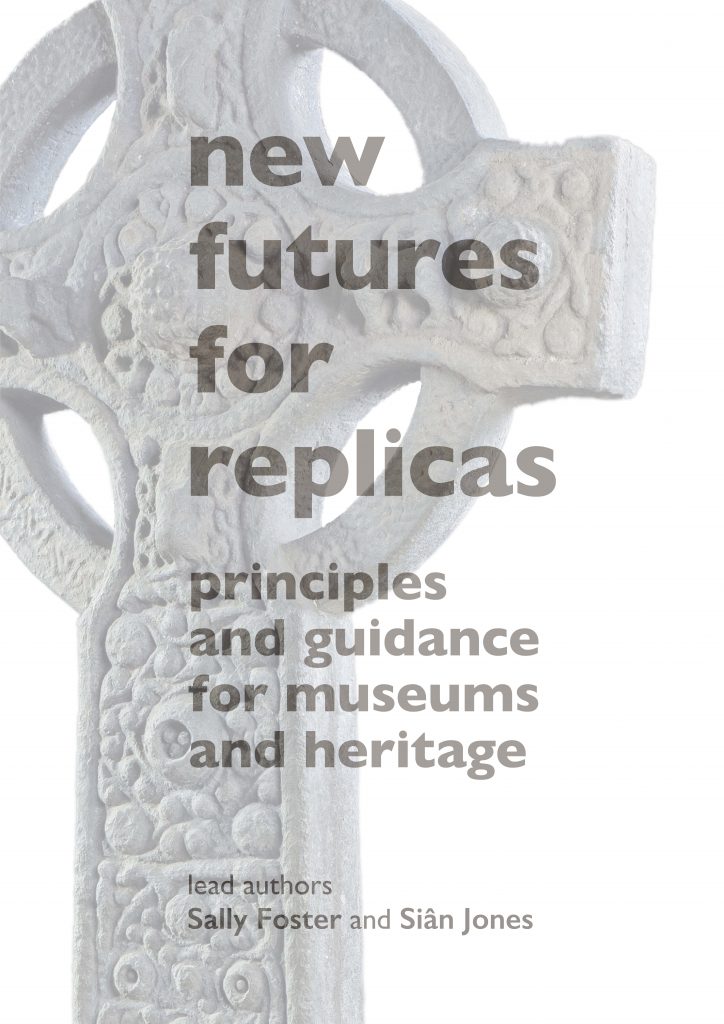Cornelius Holtorf and Anders Högberg attended the high-profile webinar on “A Cultural Deal for Europe“ about the European Union’s post-pandemic future, featuring senior European politicians and lobbyists (18 November 2020). There were a lot of fine words about the value of culture generally and about the significance of cultural tourism and ‘our’ common identity specifically…

Holtorf asked: “Culture is about far more than income through tourism and a sense of belonging rooted in the past. Culture is also about shared values, effective integration, human wellbeing, generational links, creativity and innovation, etc. How will these additional aspects inform the Cultural Deal for Europe?”

In response, Sabine Verheyen MEP (Chair Committee on Culture and Education, European Parliament) makes the point that we need more data to show the power of culture in order to persuade the finance ministers. We will need to address this problem in one way or another!
Högberg pointed later to the emerging agenda at the UNESCO Chair on Heritage Futures to employ heritage purposefully for managing the relations between present and future societies. He received visible interest by other participants.









[…] The new funding for this and a number of additional smaller projects, means that the Climate Heritage Network is…
[…] Chair on Heritage Futures « Culture, cultural heritage and COP26 […]
[…] mer på Unescoprofessurens blogg http://blogg.lnu.se/unesco/?p=1061 Besök Öland 2050! […]